H. H. Shaikh Rashid Al Maktoum Pakistan School, Al Qusais 1, Al Ghusais
“… except for a video screen, classrooms are bare. The learning environment is generally bleak.”
KHDA. School Inspection. 2016-17
This is an almost impossible school to review. In many ways H. H. Shaikh Rashid Al Maktoum Pakistan School (HHSRAMPS) operates in a parallel universe to education elsewhere in Dubai. The KHDA points out that this is not the fault of parents, or students, who are passionate about securing a quality education. The problem stems, for the KHDA, from the school and the inability of its owners in recruiting sufficient numbers of qualified teachers – or to manage a school that meets even the most basic requirements of a modern education and accepted/acceptable standards of modern teaching . Children, very simply, are being failed. The school has a Weak rating from the KHDA.
This is not to say that the owners do not have the best intentions. As the video below shows, the school is recognised by owners as being in need of significant investment – and they are trying to physically bring the school back “from rubble”. But, for us, this is to miss the point – it is each child’s education that needs to be the main focus of investment, rather than paint brushes.
In terms of information for parents, there is currently none. The only information historically available to us is that the school is run on the basis that:
- “Salvation is only possible in this life when a person is able to make a volitional and intelligent decision to receive Allah’s blessing. We believe that there is no second chance after death.”
- “Teaching does not necessarily results in learning. The school management wants to ensure learning via techniques and embedded learning technologies in the classroom.”
- “Learning sits at the heart of creativity and kids have all that it takes to be creative. The human made limitation on the kids development is no secret. With the help of embedded technologies the school management wants to ensure the liberation of the mind from the limitations.”
- “Learning at high pace would happen with the mind is fresh. A fresh mind can accomplish more and that is the reason recreation of the kids is essential.”
The school advises prospective parents that its key distinguishing features from other schools are to be found in its:
- “Professional medical care for all kids included.”
- “High qualified teachers with licenses.”
- “Fresh and tasty food in canteen.”
In its last update, the school issued new advice to parents that “time cannot be regained when gone” and that the school had introduced a new system so that each subject has a final grade percentage: “the assessment criteria is changed to ensure that the students learns regularly and effectively.”
The school explain its refusal to publish information for parents on the basis that it will only do so after registration: “registering now would mean that you on board with our ideas and ideologies. With registration, the communication will become more effective.”
The school has been subject to basic refurbishment (December 2016); a video is provided below:
https://youtu.be/6aBY4ghIfgc
In terms of history, the school was established by the Pakistan Consulate (Consulate General of Pakistan, Dubai) in 1995. The Consulate reports to the Embassy of Pakistan, Abu Dhabi. The Consulate is responsible for overseeing educational provision at the school although it does not provide sufficient funding or governance to ensure the school functions effectively. The level of funding is such that the KHDA identify that many teachers bring their own resources into school to teach children. Other funding is by the the Pakistani business community and broader school community. The school has a complex history of ownership. Whilst the school was established and licensed as a diplomatic mission school, (and initially known as the Pakistan Embassy School, later KHDA changes to ownership rules required private local sponsorship and it is likely that some level of confused accountability has resulted from this. The names of major owners/stakeholders are not published.
Whatever the complexities of ownership, A significant number of Pakistani curriculum schools have closed in Dubai, leaving just two, including HHSRAMPS, still operating.
The school structures education through four phases: Kindergarten; Primary (Grades 1 to 5); Middle (Grades 6 to 8); and Senior/High (Grades 9 to 12). Grades 6 to 12 have separate boys’ and girls’ sections. Pakistani Board external examinations are undertaken in Grade 10.The High School curriculum is divided between Science and Commerce streams.
Main criticisms of the school include
- Operating in special measures at an unacceptable level of educational provision for children for six consecutive years with no sustained improvement.
- 44% teacher turnover rate – and a question mark over why so many teachers were recruited just prior to the KHDA inspection.
- Negligible ECA provision.
- Inclusive schooling but without adaptation to meet the needs of the most vulnerable children.
- Worrying levels of school attendance.
- Lack of infrastructure and bare classrooms. The best teachers bring their own materials. Some classrooms are too small for the number of children – and do not have enough tables for children to learn.
- Lack of qualified teaching staff with a significant majority not accredited by the KHDA.
- Failures of timetabling so that the existing Science Labs are not usable. The teaching of science, and attainment and progress made by children, is a key failure of the school across phases.
- Neither the school’s current level of provision, nor its capacity to improve, are secure.
- The curriculum at all phases lacks breadth and choice – many children are not able to pursue relevant career or further study options.
There are three positives. First, the school has reinstated some form of governance and is trying to engage the owners and business community in turning the school around. Second, the school Principal is working with the KHDA to try and address issues. Third, those children that do attend school want to learn. These positives, however, must be seen in the context of six years of failure. We have substantial concerns that the level of new investment required in infrastructure, intellectual capital and faculty is simply not recognised by the school and its owners.
Bottom line?
Whilst many Pakistani families will, understandably, be committed to securing a Pakistani curriculum education for their children, the non-financial price they will pay at this school, we believe, is high. Prospective parents can seek out any number of alternative curricular schools operating in the value segment, that are currently operating and performing at significantly higher levels.
Go to the FULL REVIEW on WhichSchoolAdvisor.com
Private, not-for-profit
Notes:
(1) Not-for-profit basis is based on the school being founded by the Pakistan government
(2) The school is significantly dependent on resources provided by charity and the local community
FS1: 3,057
FS2: 3,057
YEAR 1: 3,057
YEAR 2: 3,057
YEAR 3: 3,057
YEAR 4: 3,057
YEAR 5: 3,057
YEAR 6: 3,527
YEAR 7: 3,527
YEAR 8: 3,527
YEAR 9: 3,527
YEAR 10: 3,527
YEAR 11: 6,112
YEAR 12: 6,112
YEAR 13: NA
Pakistani (National Curriculum of Pakistan)
Notes:
(1) Islamabad Board - Elementary
(2) FBISE - Middle/High (Science and Commerce streams only)
(3) Secondary School Certificate (SSC-I/II)
(4) Higher Secondary School Certificate (HSSC-I/II)
Federal Board of Intermediate and Secondary Education (FBISE), Pakistan
Inclusive
No
Not published
1391
1:16
Pakistani
44%
1995
Al Qusais 1, Al Ghusais, Dubai
Pakistani (largest nationality)
Pakistani: 90%+
Other Asian: 10%
SEND: 33
Emirati: 0
English as a third language: 90%+
Arabic as a second language: 70%+
Mixed, separate boys and girls teaching from Grade 6 to Grade 12
Yes
Government of Pakistan with local sponsor/owner
+971 (0) 4 298 8303
The school has no on-line presence (March 2017)
40%
33.3%
40%
33.3%
40%
33.3%
40%
40%
NA
NA
NA
20%
20%
20%
40%
40%
40%
40%
60%
20%
35%
60%
40%
40%
40%
• One of only two Pakistani curriculum schools still operating in Dubai
• The positive commitment of those children who do attend school
• The faith of parents
• Re-establishment of some form of functional governance
• The care of those teachers who bring in their own materials so children can learn
• A school not functioning at an acceptable level.















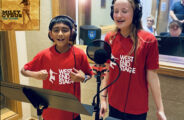



























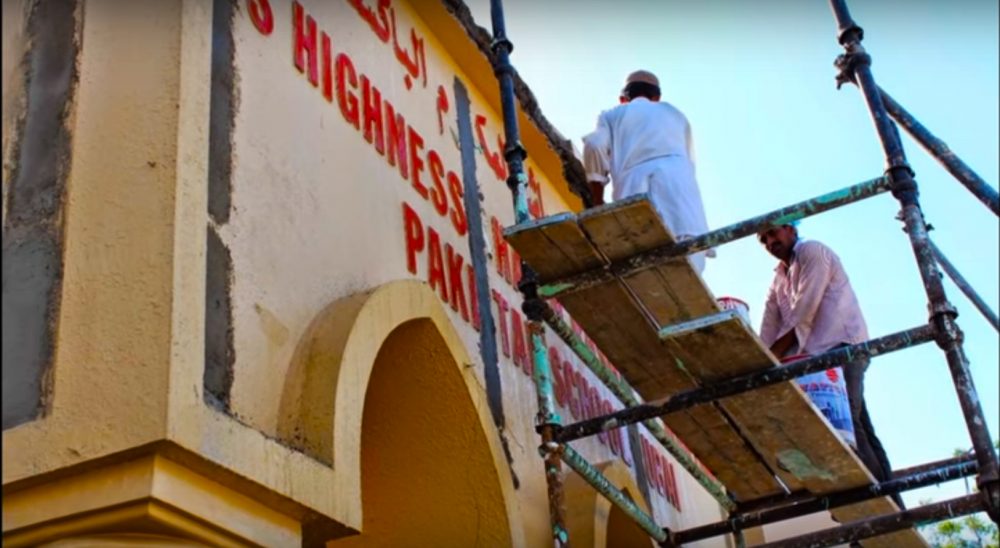

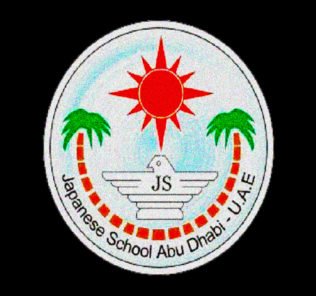















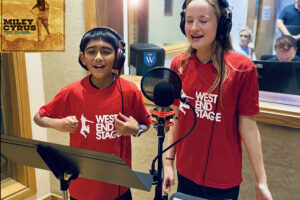
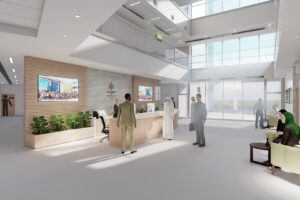
Leave a Response